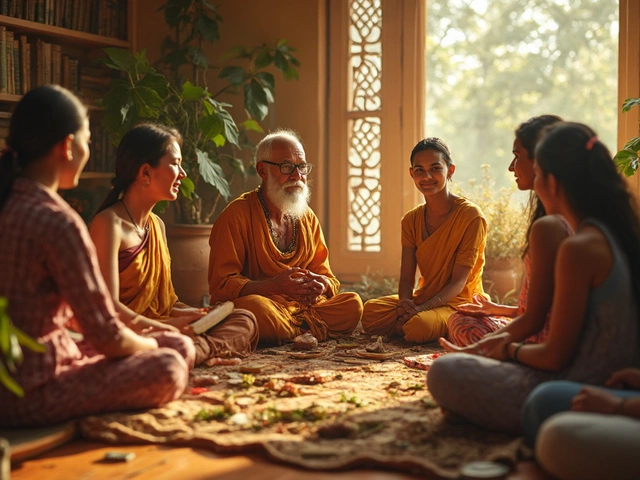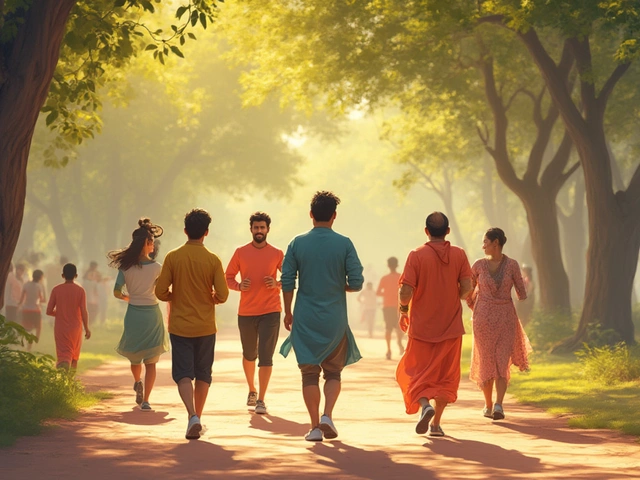Not all bone doctors do the same job. Wondering who’s right for your aching joints or fractures? Here’s the real scoop on bone specialists.
Read MoreBest Doctor for Bones – Your Quick Guide to Finding an Orthopedic Expert
If you’ve ever wondered who to trust with a broken wrist, chronic joint pain, or a spine issue, you’re not alone. In India, the sheer number of doctors can be overwhelming, but the right orthopedic specialist can make the difference between a speedy recovery and lingering pain.
First, check the doctor’s credentials. Look for an MBBS followed by an MS or DNB in orthopedics, and any extra training in sports injuries, spine surgery, or joint replacement. A doctor who’s a member of the Indian Orthopaedic Association or has published research in reputable journals usually stays up‑to‑date with the latest techniques.
What to Look for in a Bone Doctor
Experience matters, but so does the type of cases they handle. If you need a knee replacement, find a surgeon who performs at least 50‑100 replacements a year. For spinal problems, ask how many lumbar fusions or discectomies they’ve done recently. Hospitals attached to medical colleges or multi‑specialty centers often have access to advanced imaging and rehab services, which speeds up recovery.
Patient reviews are another gold mine. Websites, clinic feedback forms, and even word‑of‑mouth stories can reveal how the doctor communicates, manages pain, and follows up after surgery. A good orthopedic surgeon will explain the procedure in plain language, set realistic expectations, and provide a clear postoperative plan.
Top Questions to Ask During Your Appointment
Before you sign any consent form, fire away with practical questions. Here are a few that work every time:
- What exactly is causing my pain, and are there non‑surgical options?
- How many times have you performed this specific surgery?
- What type of anesthesia will be used, and how will pain be controlled afterward?
- What’s the typical recovery timeline for someone my age and health level?
- Will I need physiotherapy, and do you recommend a specific center?
These questions mirror the advice from our post “Key Questions to Ask Your Orthopedic Doctor: Tips for a Productive Appointment,” helping you stay focused and informed.
If you’re nervous about surgery pain, check out our guide “Is Bone Surgery Painful? What to Expect, Pain Control Options, and Recovery Timeline (2025).” It breaks down pain levels, pain‑killers, and modern techniques like nerve blocks that keep you comfortable.
Location and cost also play a role. Big cities like Delhi, Mumbai, and Bangalore host world‑class orthopedic units, but smaller towns often have experienced surgeons at a fraction of the price. Tele‑consultations can give you a preliminary opinion before traveling for a full evaluation.
Finally, trust your gut. If the doctor seems rushed, avoids answering directly, or pushes unnecessary implants, keep looking. The right bone doctor listens, explains, and tailors the plan to your lifestyle.
Finding the best doctor for bones doesn’t have to be a gamble. Use these checkpoints, ask the right questions, and you’ll be on the road to healthier joints and a pain‑free life.





